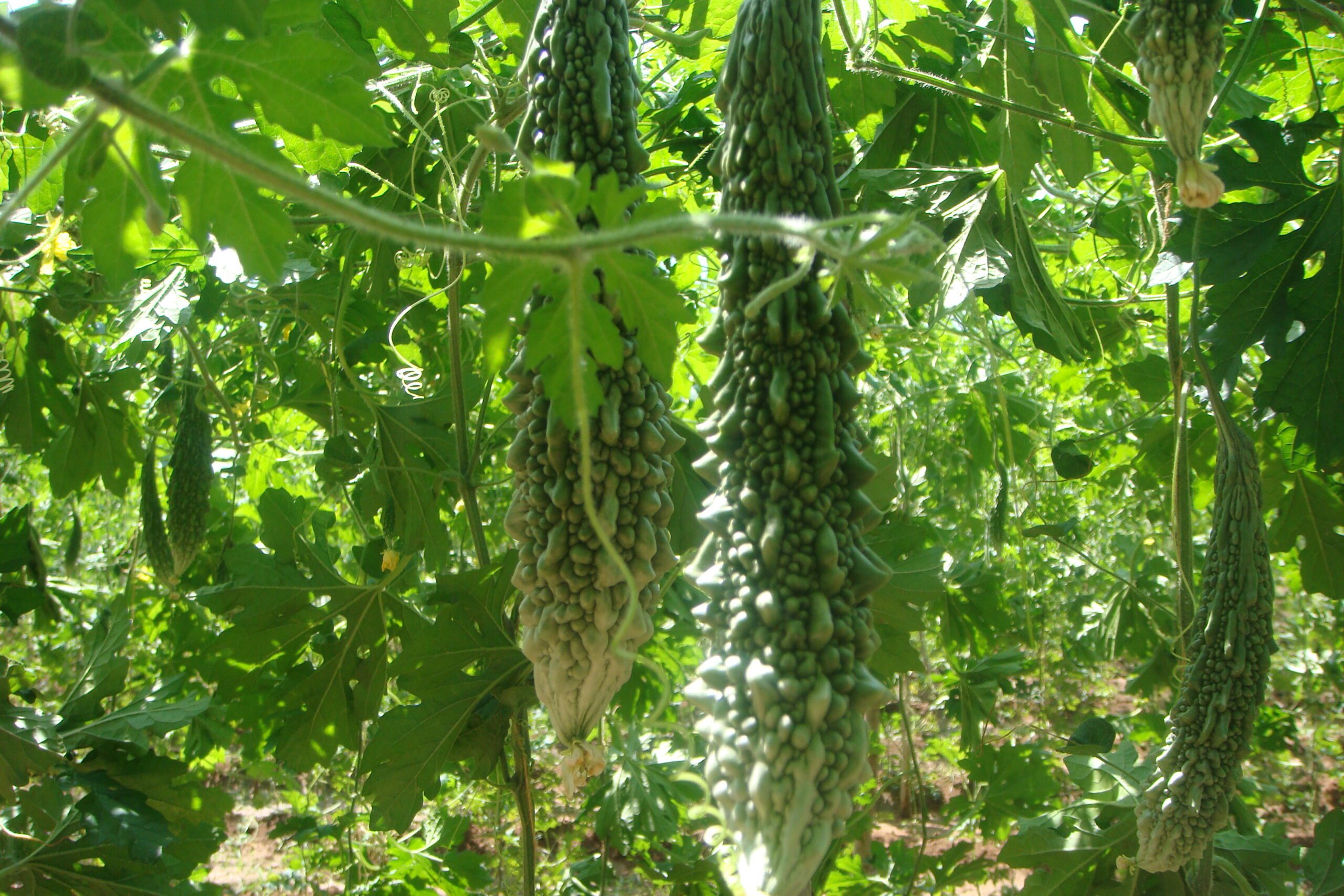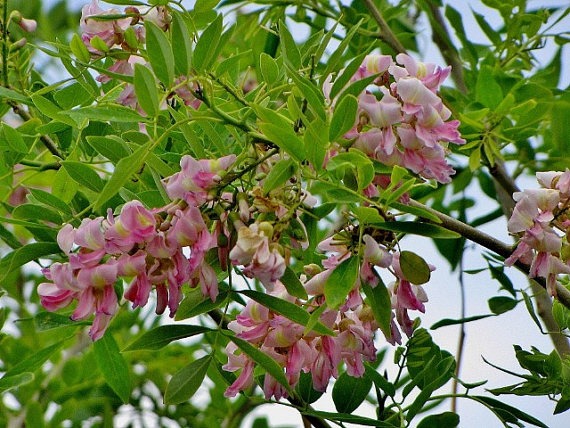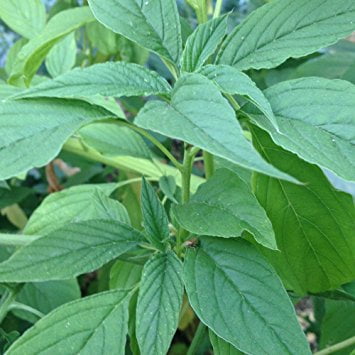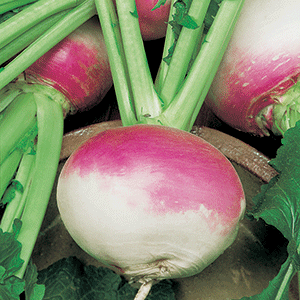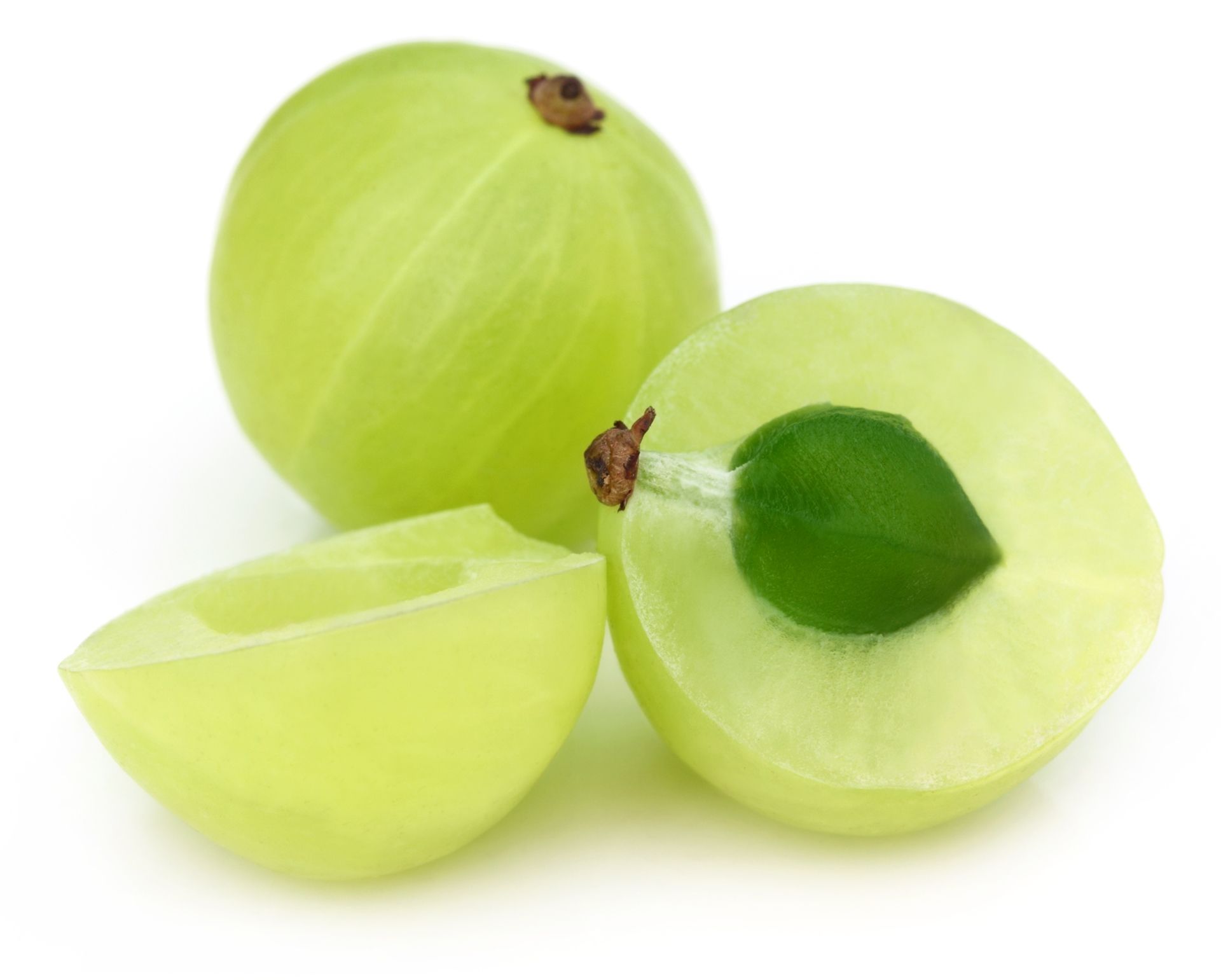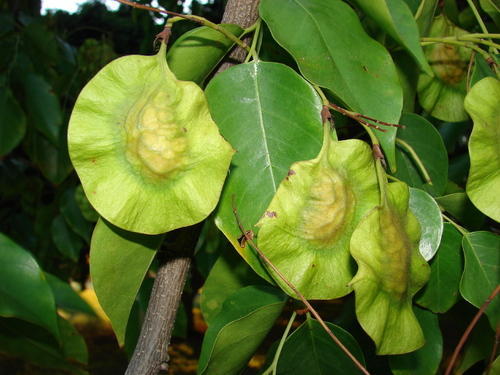Description
Growing Ridge Gourd
There is a summer season and early spring is full of green vegetables till late spring. Ridge Gourd is the only vegetable of the summer season that you would like to plant in your garden. You can easily grow it in your patio or the containers. Ridge Gourd is a member of the cucumber family and contains plenty of water in it, due to these reasons, it is full of vitamins and nutrients. Due to its low volume of weight, it is useful in weight control, it is also an excellent source of vitamin A. Nature Bring is telling you in this post, how do you grow easily this beneficial vegetable at home?
Ridge Gord is popularly known as Luffa acutangula and Sponge Gourd. It is Turai, Turiya, Sirola, dodka, Beerakaya, peechanga, and also known as Chinese Okra.
Classification
Scientific name Luffaacutangula
Common name Angled luffa, Ridged Luffa
Plant type Vegetable
Sun required Full Sun
Soil Natural to slightly acidic
Soil PH 5.8-6.8
Planting season Summer, Spring
Zone 3-8
- You can grow this vegetable with the appropriate water system throughout the year. By the way, the most suitable time for Planting is for Rain-fed Crop is before the Monsoon.
Growing condition Ridge gourd
Soil
Ridge gourd can grow in all types of soils, but loam silk and silt soils are most suitable for this.To grow Ridge Gourds from the seed, you should amend the soil on your site, which is full of organic matter. You spread 2-inch thick layer of organic compost in the soil, it works in the soil at a depth of 6 to 8 inches. 6.5 -7.0 soil pH is suitable for it or neutral to slightly alkaline.
Seed treatment
To grow from seed the soil full of organic matter and direct sunlight both are important. Rubbing it on sandpaper before planting seeds or leave it soaked in water at room temperature for 24 hours. Doing so will ensure the germination and quickly.
Transplanting
After preparing the seeds of the pits, they can directly set 3 seeds per pit. Or you can develop it by filling the potting soil in a polythene bag and then transplant it later. After the plant’s healthy growth, thinning it.
Ridge Gourd Care
Watering
Careful while giving water, though this plant needs regular water but should be given with more water and the plant can be destroyed if there is no proportional drainage. Regular water, there is no set formula.
Fertilizer
If you promote organic compost for your plant then it is the best, so that you get a better taste in the vegetable. If you get cow manure it is perfect. It is also good if you use kitchen scraps collected in your compost bin. Very good compost is also produced through the biogas plant.
Moisture
Ridge gourds require moist soil, sufficient moisture ensures the rapid growth of the plant. Do not give more water and give water immediately after dry soil.
Trellis
As the Ridge Gourds begin to grow, its tendrils begin to appear. These tendrils are used by the plants to support the neighboring plants or to climb above other supports. You can use the trellis to guide these plants. For growing and spreading plants, use the upper part of a tree or the GI wire the trap at approximately 7 to 8 feet.
Harvesting
Do not leave the fruits for a long period of maturity; Harvest the fruit in the young stage only in fruit, otherwise, the skin becomes thick, and the fruits will be inseparable with lots of fiber from inside. Leave the ripe fruits on the plant itself. When it is completely dry, you can store its seeds.
Problem with Ridge gourd
Generally, gourds are affected by insects, Beetles, fruit flies and caterpillars are main insects. It would be better if you prevention instead of cure, Powdery mildew, and downy mildew are its common disease. It is better to use chemical pesticides than you use homemade pesticides. Make a paste with an equal quantity of onion, ginger, garlic, and chili and then dilute with water and spray it. Tie the cloth to your eyes while spraying.














